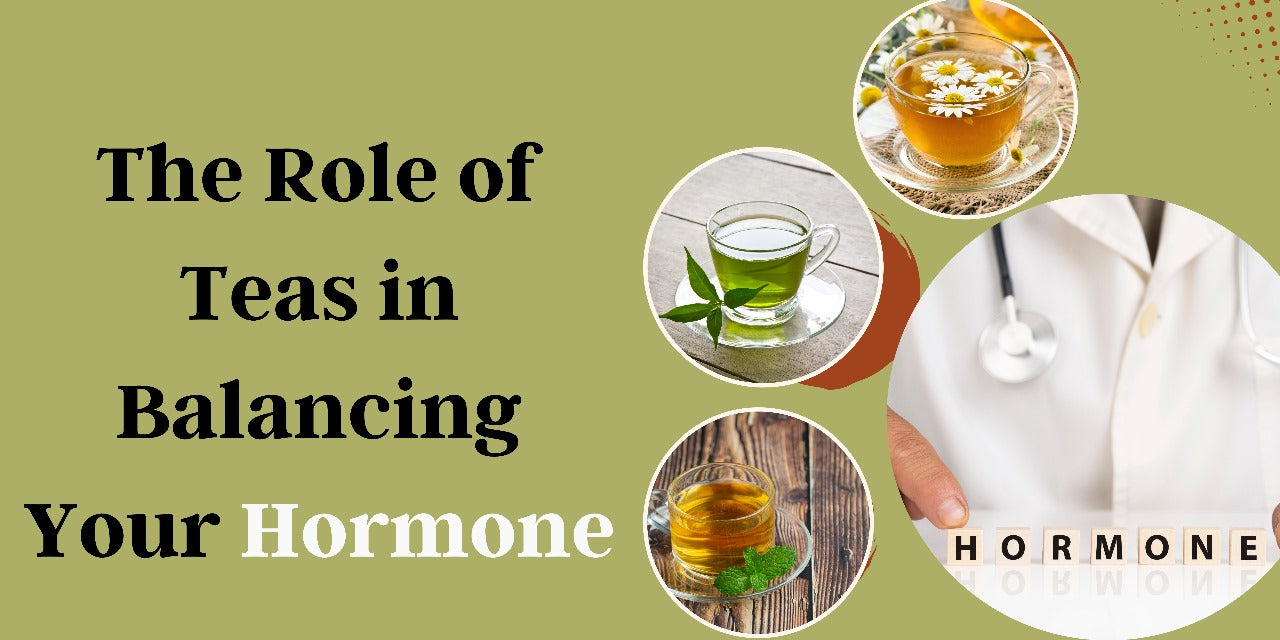1. Introduction
Tea stands as one of the world's most beloved beverages, relished by millions every day. While it is often consumed for its taste and comforting qualities, many tea drinkers are also curious about its caffeine content. Caffeine is a natural stimulant found in tea, and its effects on the body can vary depending on the type of tea and brewing method. In this blog post, we will explore the caffeine content in different types of tea and provide information to help you make informed choices about your tea consumption.
2. Understanding the different types of tea and their Caffeine Content
Understanding the different types of tea is crucial when it comes to knowing the caffeine content in your cup. There are several categories of tea, each with its own unique characteristics and caffeine levels.
- Green Tea: Typically containing lower caffeine content than other teas, green tea is known for its delicate flavor and numerous health benefits. On average, a cup of green tea contains about 25-30 milligrams of caffeine, making it a great choice for those looking for a milder boost.
- Black Tea: In contrast, black tea tends to have higher caffeine levels due to its fully oxidized leaves. A cup of black tea can contain anywhere from 40-70 milligrams of caffeine, providing a stronger kick to help you start your day.
- Herbal Tea: Unlike true tea, herbal teas are not made from the Camellia sinensis plant and are therefore naturally caffeine-free. Examples include chamomile, peppermint, and rooibos tea, which are perfect options for those seeking a caffeine-free alternative.
By understanding the caffeine levels in different types of tea, you can choose the one that best suits your needs and preferences.
3. Measuring caffeine in tea
When it comes to measuring the caffeine content in tea, there are a few factors that can influence the overall amount. These factors include the steeping time, water temperature, and the size of the tea leaves.
The more you let your tea steep, the more caffeine it will release into the water. This is why some people prefer to steep their tea for shorter periods to reduce caffeine intake. Similarly, using hotter water can also extract more caffeine from the tea leaves.
The size of the tea leaves can also play a role. Smaller, more broken leaves have a larger surface area, allowing for a faster release of caffeine compared to whole leaves.
It's important to note that the caffeine content listed for each type of tea is just a general range and actual levels can vary. Understanding these factors can help you make informed choices when brewing your favorite cup of tea.
4. Factors affecting caffeine content
In this section, we will discuss the various factors that can affect the caffeine content in your cup of tea. While the type of tea and steeping time are crucial factors, other elements also play a role.
- Tea Variety: Different types of tea have different caffeine levels. For instance, black tea generally contains more caffeine compared to green tea or white tea. Herbal infusions, such as chamomile or peppermint, are naturally caffeine-free.
- Steeping Time: As mentioned earlier, the longer you steep your tea, the more caffeine it releases. If you prefer a low-caffeine cup, reducing the steeping time can help. In contrast, steeping the tea for longer will result in a more flavorful and higher-caffeine cup.
- Water Temperature: Hotter water extracts more caffeine from the tea leaves. To lower your caffeine intake, you can use a slightly cooler water temperature, which will also have a milder flavor.
- Leaf Size: The size of the tea leaves can affect the caffeine content. Smaller and broken leaves have a larger surface area, allowing for quicker caffeine extraction compared to whole leaves.
By understanding these factors, you can make informed decisions about how to brew your tea to achieve the desired caffeine level. In the following section, we will explore the potential health benefits of tea and how caffeine interacts with other compounds.
5. Exploring the health effects of caffeine
Now that we have discussed the different factors that can affect the caffeine content in tea, it is important to understand the potential health effects of consuming caffeine. While caffeine is generally considered safe for most people when consumed in moderation, it can have different effects on individuals depending on their sensitivity and overall health.
Caffeine is known to be a central nervous system stimulant, which means it can increase alertness and reduce fatigue. Many people rely on a cup of tea to kick-start their day or stay focused throughout the afternoon. However, it is essential to be mindful of your caffeine intake and listen to your body's reactions.
Some studies suggest that caffeine can improve mental performance, enhance exercise performance, and even boost metabolism. On the other hand, too much caffeine can lead to side effects such as increased heart rate, jitters, difficulty sleeping, and even anxiety.
It is crucial to consider your personal tolerance and health condition when consuming caffeinated beverages. If you are pregnant, have a heart condition, or are sensitive to caffeine, it is advisable to limit your consumption or opt for decaffeinated teas.
6. Recommendations for tea consumption
Now that we have explored the caffeine content in tea and the potential health effects of consuming caffeine, it's important to discuss some general recommendations for tea consumption.
Firstly, it is important to be mindful of your overall caffeine intake. The FDA recommends a daily limit of 400 mg of caffeine for most healthy adults, which is roughly equivalent to 4-5 cups of brewed tea. However, it's essential to remember that the caffeine content can vary depending on factors such as brewing time and water temperature.
If you are sensitive to caffeine or have certain health conditions, it may be wise to limit your consumption or opt for decaffeinated teas. Decaffeinated teas have undergone processes to remove most of the caffeine content while retaining the flavors and other beneficial compounds.
Furthermore, it's important to pay attention to your body's reactions to caffeine. If you experience any negative side effects like restlessness, jitteriness, or difficulty sleeping, it's a good idea to reduce your intake or switch to naturally caffeine-free herbal teas.
Lastly, it's worth mentioning that tea is not a substitute for a balanced diet and a healthy lifestyle. While it can offer certain health benefits, it's important to complement your tea consumption with a nutritious diet, regular exercise, and other healthy habits.
7. Conclusion and final thoughts
In conclusion, understanding the caffeine content in tea is crucial for making informed choices about our consumption. We have discussed the general recommendations for tea consumption, including paying attention to overall caffeine intake, considering sensitivity and health conditions, and being mindful of our body's reactions.
While it is important to be aware of the caffeine content in tea, it is also important to remember that tea offers a myriad of other health benefits. From its rich antioxidants to its potential to improve heart health and brain function, tea can be a valuable addition to a healthy lifestyle.
As we continue to explore the fascinating world of tea, it's important to appreciate its diversity. In the upcoming sections, we will delve into the different types of tea, such as black, green, white, and herbal teas, and explore their unique caffeine profiles and health benefits.
Stay tuned as we uncover the secrets behind the various teas and discover which ones are best suited for different preferences and health goals. Your journey to becoming a tea connoisseur is just beginning!




